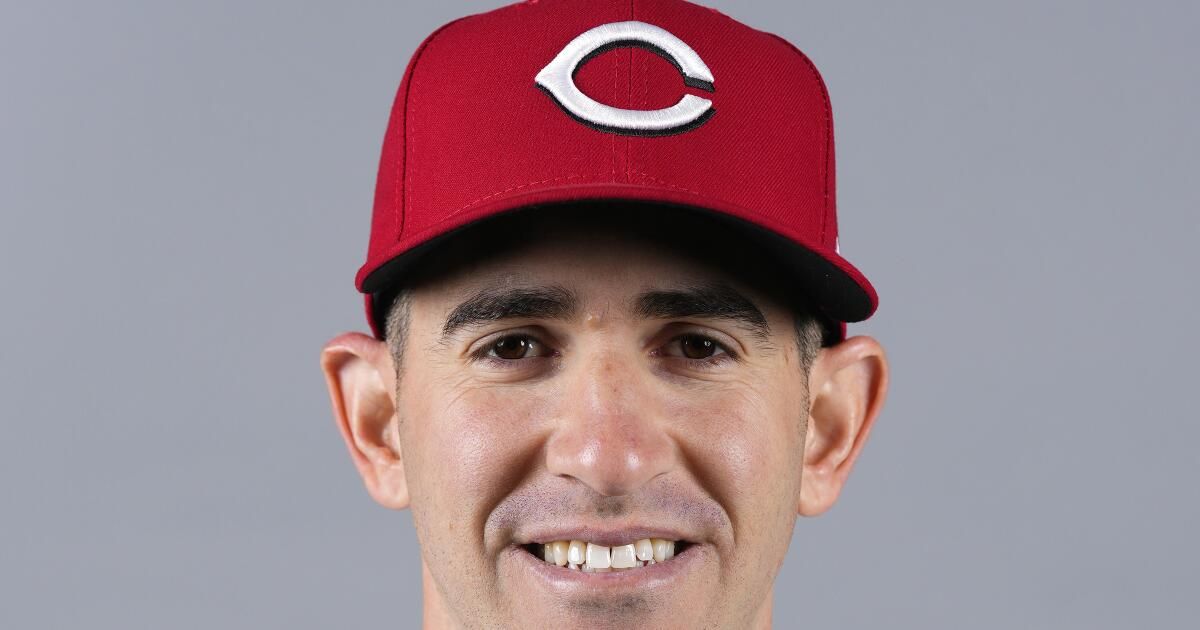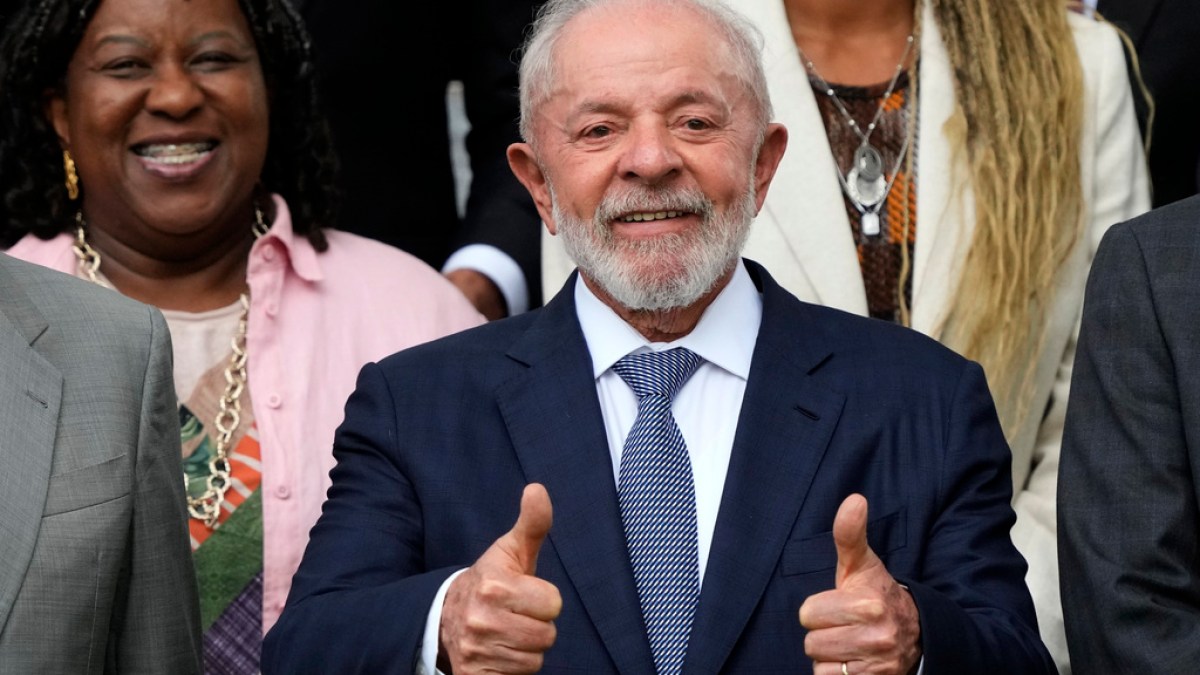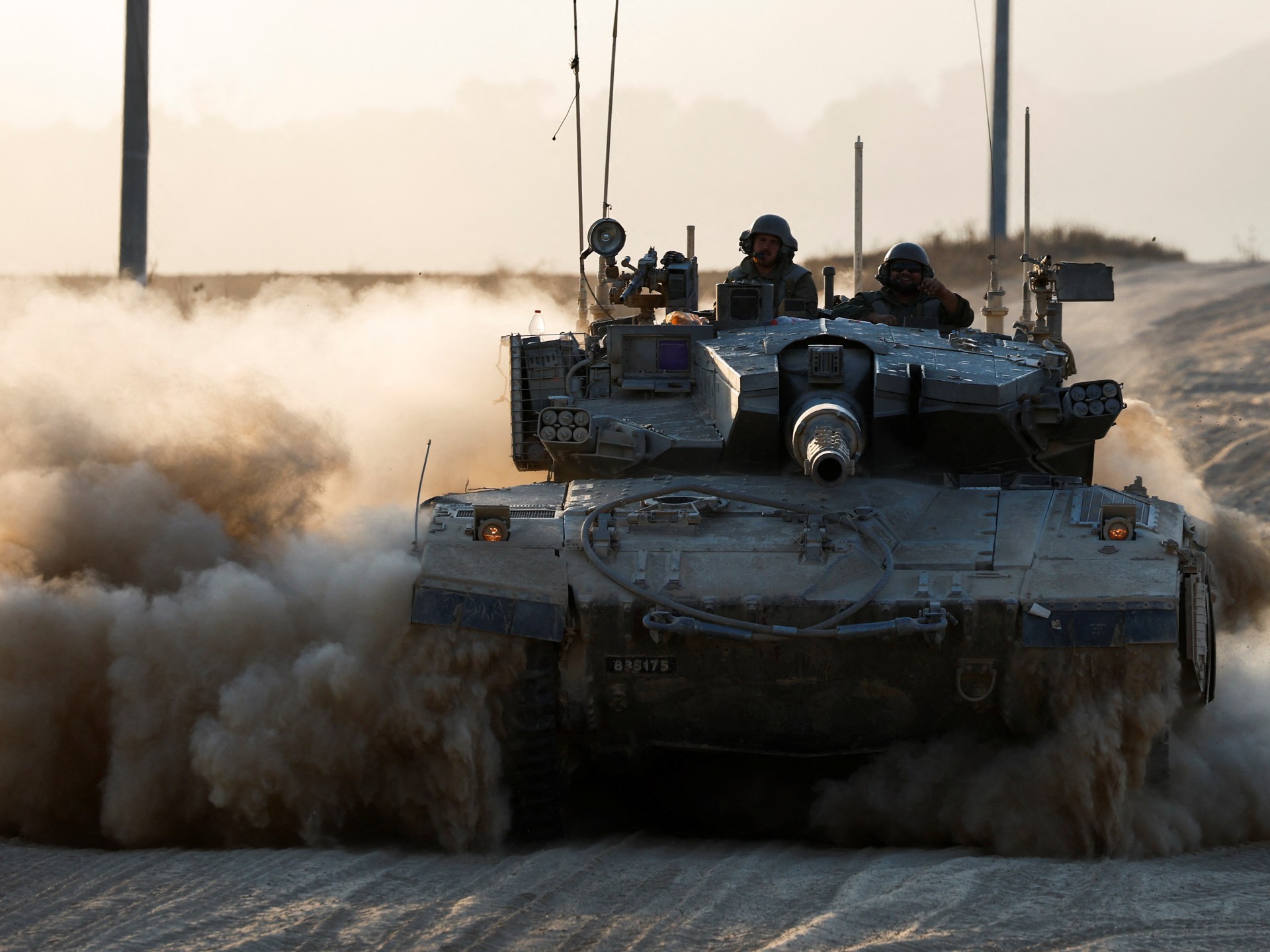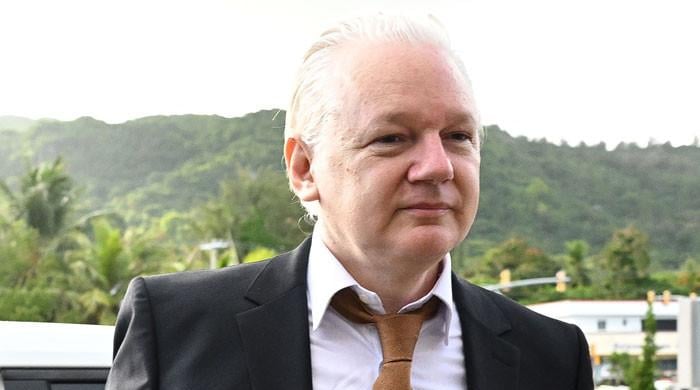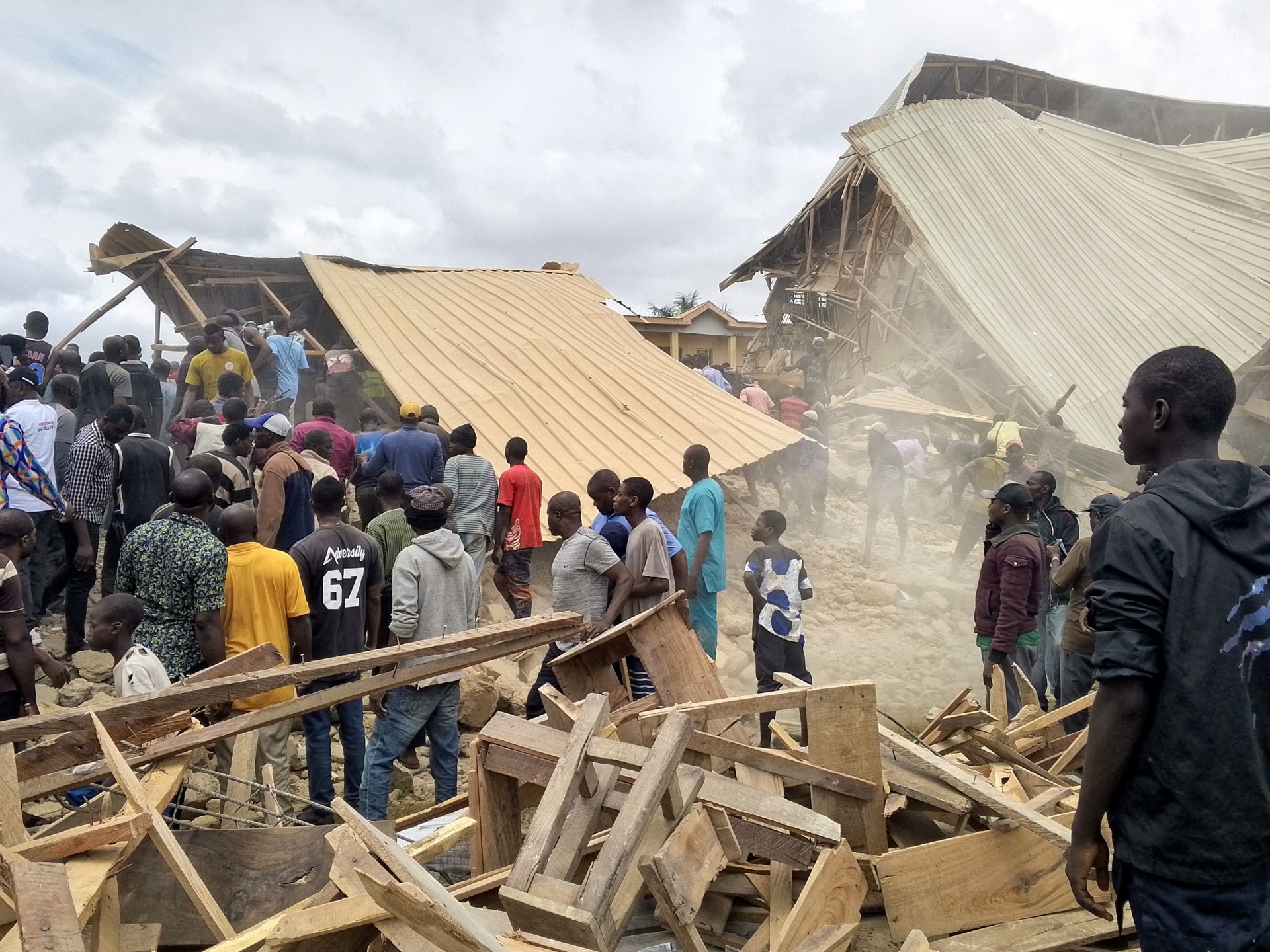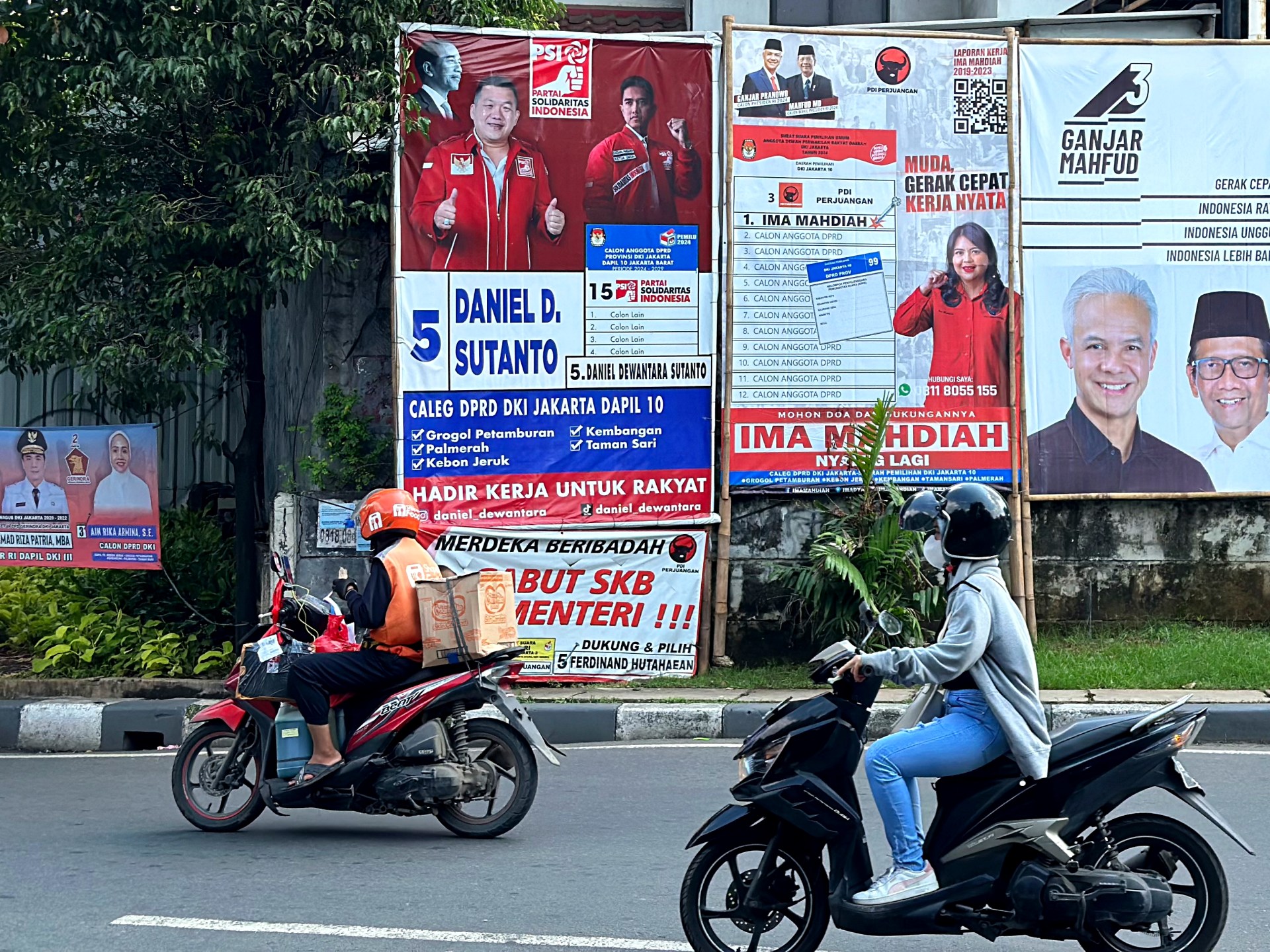For Cincinnati Reds assistant pitching coach Alon Leichman, his job will be at Dodger Stadium this weekend. His heart is in Israel.
His first coach, the one who taught him how to play baseball, struggles to make it through each day. The coach's brother, kidnapped from his home by Hamas militants seven months ago, is believed to remain captive in the Gaza Strip.
“Up until 10 days ago,” Leichman said Thursday, “he was still alive.” They had shown it in a hostage video.
One of Leichman's former teammates on the Israeli national team was also kidnapped.
“I'm afraid,” Leichman said, “that he's not alive.”
The Hamas attack of October 7 is to Israelis what the Al Qaeda attack of September 11 was to New Yorkers: everyone knows someone who was killed.
Israel celebrated its Memorial Day this week. Leichman received a somber message from one of his friends there, apologetic.
“Today I only reached four graves,” the text said.
These should be days of celebration for Leichman, who was born and raised in Israel before playing college baseball at Cypress College and UC San Diego. He worked as a minor league coach (briefly for the Dodgers and for six years with the Seattle Mariners) and along the way pitched for Israel in the 2020 Olympics.
The Reds signed him last season. He had made it to the major leagues.
“I'm living my dream,” he said.
Alon Leichman of Israel, kneeling, during his playing days after a match against the Dominican Republic at the Tokyo Olympic Games on August 3, 2021.
(Matt Slocum/Associated Press)
He reminds himself of a country's tears wherever he goes, with the silver dog tag he wears around his neck. Etched on the nameplate, in English and Hebrew, is the national cry in support of the hostages: “Bring them home, now!”
In Israel last winter, Leichman participated in Saturday night marches with that rallying cry. There he did not have the identification plate.
“When I come to the United States, I feel like that's when I need to wear this,” he said, holding the label in his hand, “because it sparks conversation.”
He is not afraid of the wave of protests against Israel. Where he grew up, a suicide bomber could lurk around any corner.
“Every bus I got on,” he said, “I had the thought that it might explode.”
However, he doesn't mind having those conversations, if only to share what he knows personally. It can be difficult, he said, to persuade people that what they see on social media is different from their lived experience.
Leichman served in the Israeli army, where he said the training was strict: If you see a suspected terrorist near a civilian, you can't shoot. His brother recently returned from serving two months in Gaza and said the militants threw grenades and shot at Israeli soldiers and then scattered through the tunnels.
“I'm going to believe my brother,” Leichman said.
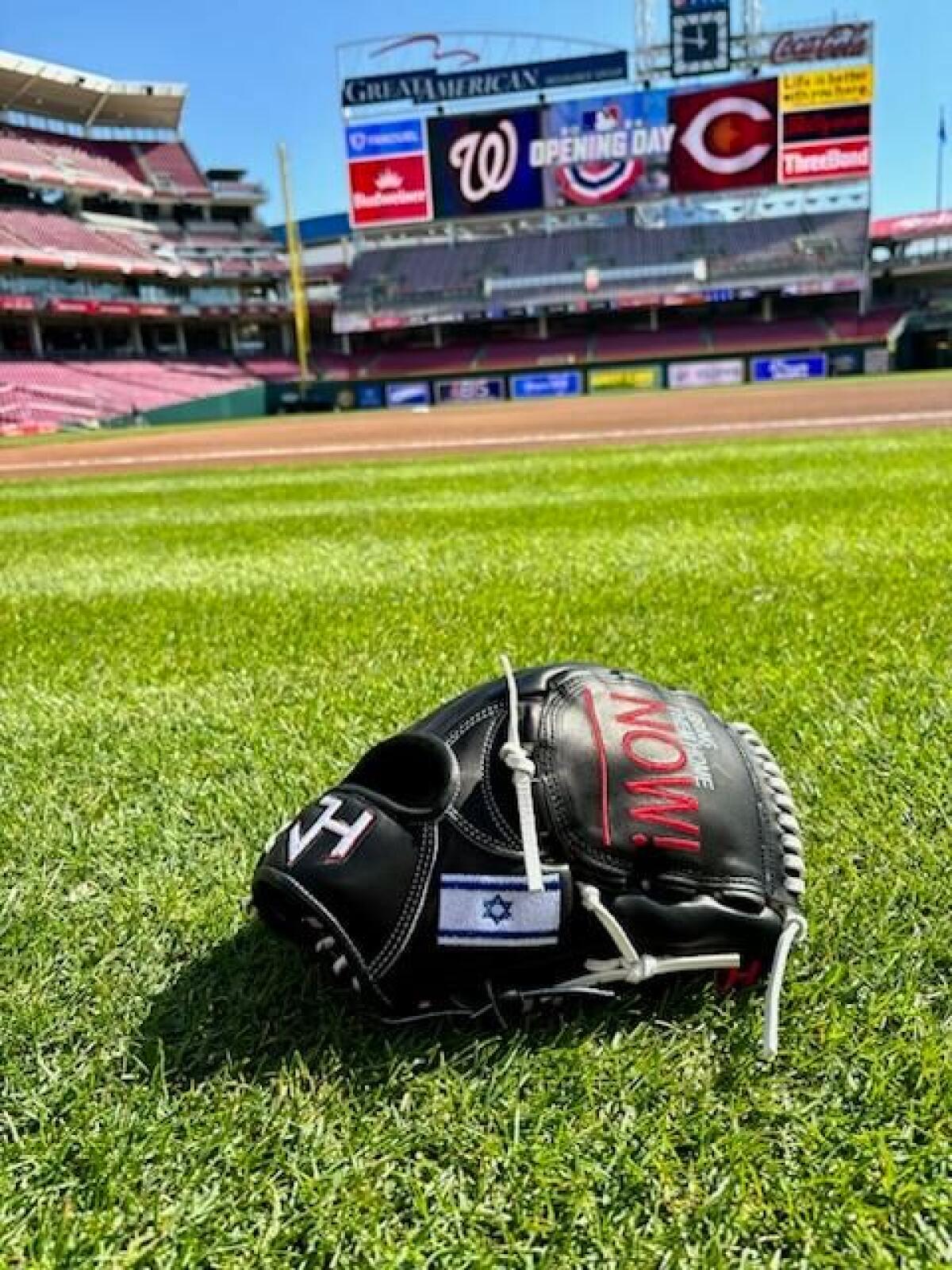
One of Alon Leichman's gloves features the Israeli flag and the rallying cry “Bring them home now!” in honor of the Israelis held hostage by Hamas.
(Alon Leichman)
Leichman is unsure how the war could end. He is not a general or a politician. He said the Israeli government is “shooting itself in the foot” and that while Hamas might be the problem, the people of Gaza are not.
“We want peace,” he said. “We have our disagreements about how we're going to get there.”
The gloves Leichman has worn this season include one sewn with “Bring them home now!” and the Israeli flag, another with the image of the identification badge he carries and a Jewish star.
He took a photo with one of the gloves last week and sent it to his former coach in Israel, whose brother is still being held hostage. It's a compassionate gesture and a feeling of helplessness at the same time, when that's all you can do.

